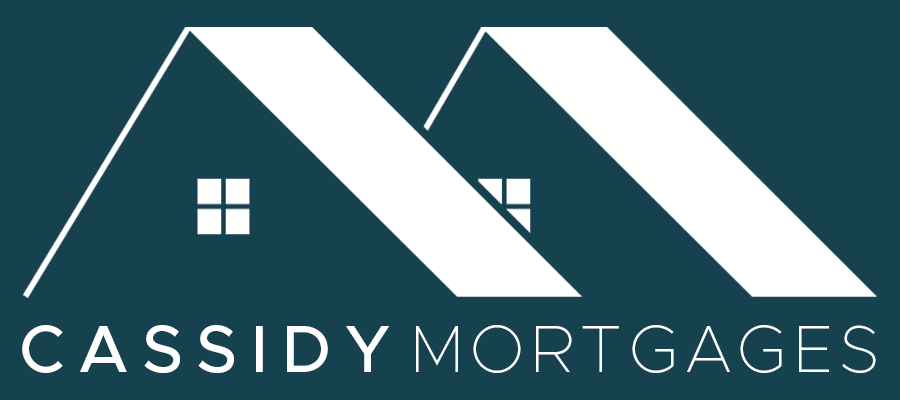Everything You Need To Know About 50-Year Mortgages
- hello50236
- Sep 2, 2022
- 2 min read
With rising house prices, mortgage lenders, the Financial Conduct Authority and the Bank of England are exploring potential new ways to ensure people can become eligible for a mortgage they can afford.
With the average price of a house nearing £200,000, Liverpool mortgages have become increasingly difficult to become eligible for, especially for first-time buyers and people on relatively low incomes.
With interest rates increasing as well, which affects variable and tracker mortgage repayments, one option that has been proposed is the idea of long-term fixed mortgages, with terms of up to 50 years in length, up to a decade longer than most providers.
What also makes this unique is that whilst most “fixed” mortgages are only fixed for a limited term (typically five years but as low as two and as high as 15), this would be fixed for the entire term, with early repayment charges due if you want to switch providers.
Given that inflation is currently at ten per cent (compared to a two per cent target) with some predictions claiming it could go as high as 18 per cent, borrowers who fix at a much lower rate than this would save money and have more financial security in the long term.
However, if inflation were to reduce or if the economy were to experience deflation, then a safe, locked-in fixed rate would be significantly more expensive than a variable or tracker mortgage, although unlike risking a variable interest rate, it is at least clear how much you are to pay each month.
At present, it is unclear exactly who would be eligible for the entire 50-year term. The current longest mortgage terms are up to 40 years, typically only offered to relatively young first-time buyers, as a mortgage must be repaid before a borrower turns 75 years old.
There are a few potential options for this, the first being that 50-year mortgages will be limited to young first-time buyers to help them get on the property market immediately, allowing people to continue repaying for longer into their retirement, or offering “generational mortgages” that pass from parent to child.




Comments